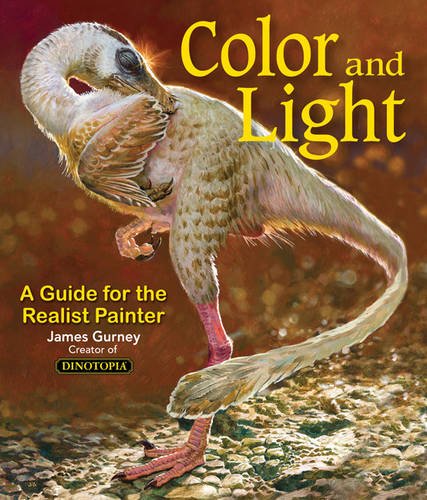2:35 PM, Sunday October 9th 2022
Pleased to meet you, 0RTUS. I am Doctormein and I'll be the person responsible for your homework today.
- Thinking in 3d -
Organic arrows.
Your organic arrows are very well done. Confidently drawn, great foreshortening to help viewers buy into the illusion and not you're not afraid of letting them overlap too. This is my personal opinion, but it might be great if you could draw more arrows on a page (especially on your second page) since that'll contribute to your practice.
Organic forms ellipses/contours.
I am happy to see that you're keeping those sausages simple as the instruction requested. This will certainly go a long way in lesson 4-5. I'll now be focusing my attention on something you will probably need to work on more, degree shift.
You'll probably want to make those changes in degree shift a little bit more dramatic because right now most of your ellipses seems to be very similar in degree. In turn, making them felt flat and unbelievable. This critique also applied to contour curves too. Here's Uncomfortable example (Ellipses).
Another one of Uncomfortable example. (Contour)
And here's a demo I've made for a students.
Keep in mind that those ellipses and contour we're drawing aren't just lines on a page, they're representing 3 dimensional form. Just like in the real world, If a side of a coin were to face you, it would be perceived as a line. The moment that coin started to move further and further away though, it would slowly shift from being a line to an oval and slowly turning into a circle.
- Texture and detail -
Texture analysis.
Overall, you've done a good job here too. I can see your attempts at drawing shapes instead of lines in most texture. But, of course, there's always something to critique on.
Firstly, In your first texture (crumpled paper) it seems to me that you've forgotten to do seamless transition in the lower part. Don't forget to do them too.
Secondly, Though I've said that I've seen your attempt at drawing shapes instead of lines, there are still places that you've drawn lines instead of shapes. (Mostly small tiny bits one.) When you're attempting those tiny shadow shapes it's better to tackle them by drawing outlines first and slowly and gently fill them with solid black. Like in this image
Lastly, In your final texture you seem to be drawing outlines for scales instead of shadow shapes. Keep in mind, lines are product of human imagination. It doesn't exist in reality. So always remember to draw use shadow to imply the existence of form rather than using outlines to imply it. Here's Uncomfortable common mistake about drawing outlines instead of shadows.
Dissections
This exercise was a pretty huge step up from your previous exercise. You're wrapping texture around your form nicely and breaking the silhouettes too. One critique I would like to bring over is that in certain part you're still drawing lines instead of shadow shapes. Don't forget to draw shapes instead of lines But aside from this, you've done very well.
- Construction -
Form intersection
Wow, nicely done. The main objective of this exercise is for you to draw forms that resembles the same scene. In which you've done nicely. Your intersection also looks believable and well-executed too. However, there's 2 thing I would like to critique.
- There are some part of your form that appears to be a little too stretched for this exercise. Mainly pyramid and cones. Remember, by making those form more complex (either by stretching, dramatic foreshortening or others)
it would distract you from the main point of this exercise.
- I am not sure if this could be called an actual critique, but you might benefit from superimposing intersections you've made. By reinforcing those intersections you've made, viewer will have a much easier time understanding how one form intersects the other.
Organic intersection
We're wrapping up this critique with this last exercise, Organic intersection.
You've done mainly great for this too. Most of the sausages are piling up in a believable fashion and, on top of that, they're being drawn confidently also. Just like our last sections, there's 2 point I would like to critique on.
1.In your first page of organic intersection you've drawn 1 sausage like an oval instead of a sausage. This is probably me just being very nitpicky but always remember, keep those sausages form simple.
- This last point is mainly about shadows. Your shadow seems to be sticking to form in certain places and in some instance, a little exaggerated. I am not an expert on this matter myself so I'll provide This link for you.
Side notes : I saw one of your sausage was actually floating instead of properly touching others sausages. I was about to critique you on this one sausage, but I believe you understood the content of this lesson nicely. So I'll let this slide. Try your best not to accidentally make them float during your warm-up session, though.
Next Steps:
I am more than certain that you're ready for your next lesson.
Godspeed.
- Doctormein
Next step : Lesson 3






















